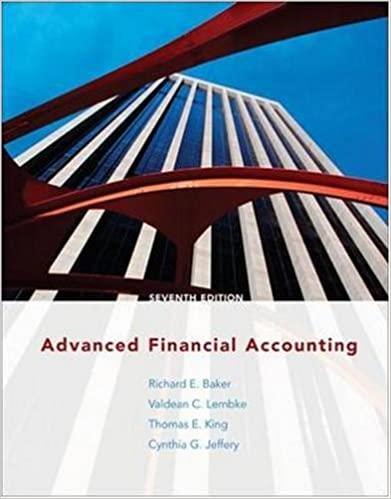Question
Consider a vote between primary candidates. Call them Don, Ron, and Mike. The voter preferences can be grouped as follows: 20% of voters love Mike,
Consider a vote between primary candidates. Call them Don, Ron, and Mike. The voter preferences can be grouped as follows:
20% of voters love Mike, feel okay about Ron, and hate Don. 35% of voters love Ron, feel okay about Mike, and hate Don. 45% of voters love Don, feel okay about Mike, and hate Ron.
a. In a first-past-the-post (plurality wins) system where everyone votes their first preference, who wins?
b. Given your answer to part (a), who might vote strategically to alter the outcome?
Consider a ranked choice voting system where voters rank Don, Mike, and Ron 1, 2, and 3 in some order (lower number better). We start by counting the 1 votes. If someone gets 50+% of the votes, he wins. If not, the person with the fewest counting votes is eliminated, and that persons voters now vote their next choice (in this case the 2 vote). Repeat until someone has 50+% of the votes.
c. Who wins the ranked choice vote if everyone ranks candidates according to their preference?
d. Who might vote strategically in this scenario, and how?
e. Voting game problem aside, why is it important for a government to elicit true preferences from voters rather than strategic voting?
f. Why is it impossible to guarantee no strategic voting without scrapping some other important aspect of a voting system?
Step by Step Solution
There are 3 Steps involved in it
Step: 1

Get Instant Access to Expert-Tailored Solutions
See step-by-step solutions with expert insights and AI powered tools for academic success
Step: 2

Step: 3

Ace Your Homework with AI
Get the answers you need in no time with our AI-driven, step-by-step assistance
Get Started


